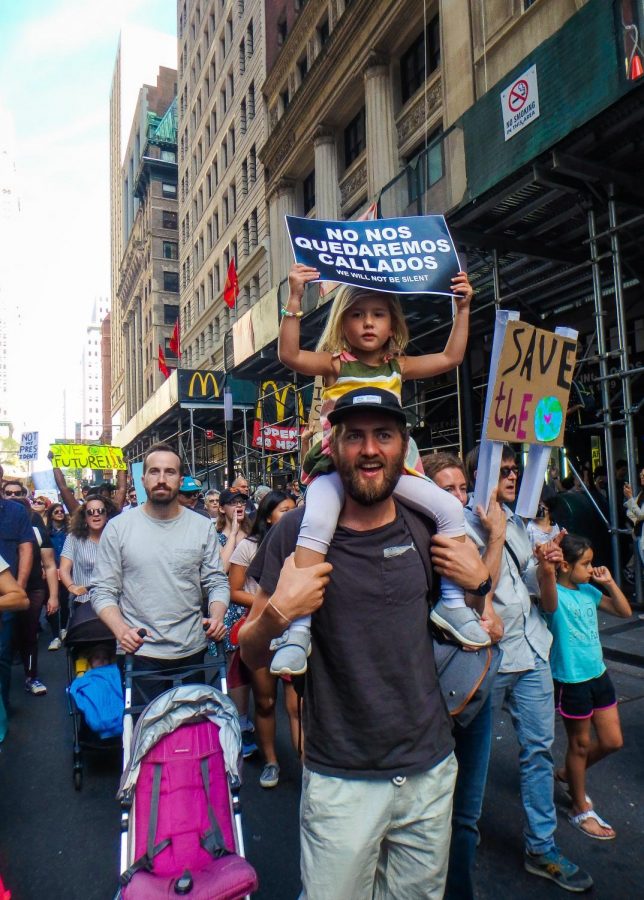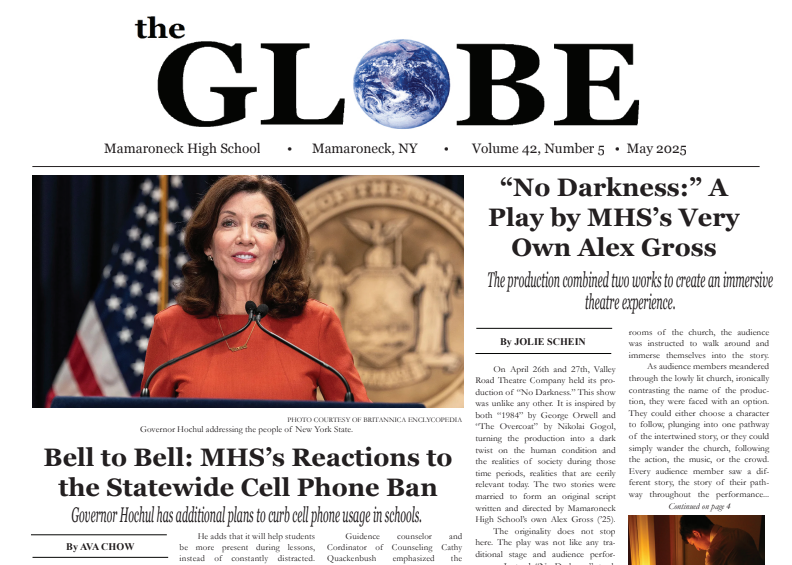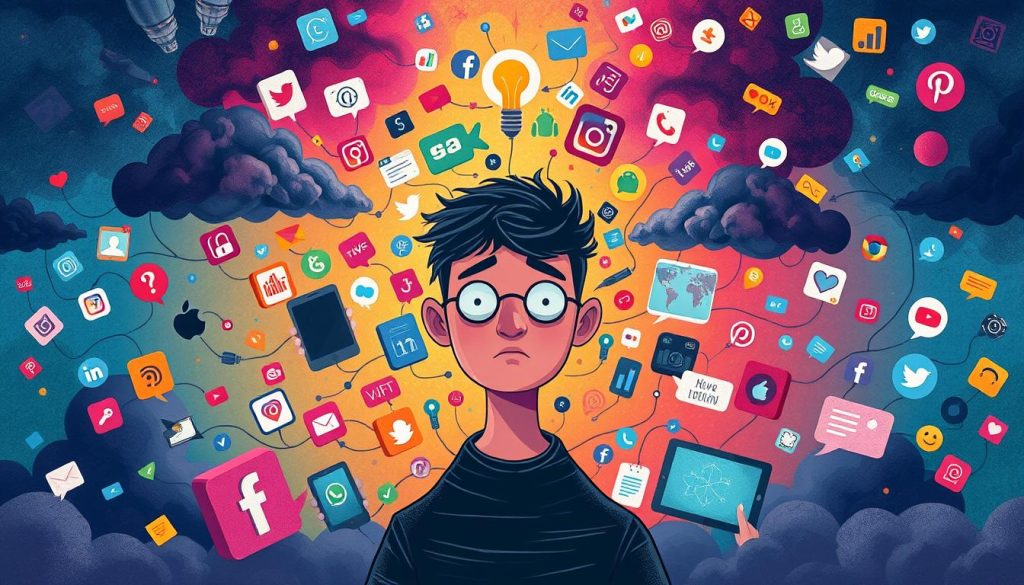We Must Unite the Youth Climate Movement
December 21, 2020
On September 20, 2019, hundreds of thousands of young people took to the streets to demand immediate action to address the climate crisis. On that day, there were a total of over 2,500 protests spanning 163 countries on all seven continents. It was the largest global climate strike in history–and it was led by a diverse group of youth. After it was over, people expected 2020 to be even bigger. Organizers planned to host large strikes for the 50th anniversary of Earth Day and push new climate solutions. It was going to be huge.
Of course, we all know what happened next. The world was put on pause and over one million people have now died from the novel coronavirus. Fighting COVID-19 became all anyone in a position of power could talk about, and the massive strikes from 2019 became a distant memory. However, even though we may have forgotten about it, the climate crisis didn’t go away.
In fact, as with every year we continued on without action, it got a lot worse. However, the virus that has taken our attention away from the climate crisis might just provide us with an opportunity to lessen its damage, but only if young people bring it back to the table.
We are both involved in youth-based environmental activism on supposedly opposite sides of the political spectrum. As such, we are often told that the policies pushed by the other side will have no impact on the crisis and, if anything, might even make things worse. We are taught to demonize our so-called “opponents” because the stakes are just too high to compromise. However, when we actually talk with one another about the issues, we have found extensive common ground.
All youth climate activists share a sense of urgency and determination to address this already-present crisis–it’s part of the job. When we try to pretend anything to the contrary, progress stagnates (as it has for the past five decades).
This year in particular, we have been organizing around the core principle: build back better. We have the opportunity in 2021 to bring back the energy of unified protests from 2019 and to demand that as we reopen the economy, we open the door to immediate climate solutions. But we will never get there if we continue to politicize climate action.
This task won’t be easy, but it will be key to taking concrete steps towards fixing this crisis. Ultimately, our political polarization is the greatest roadblock to climate action we face. The inability to depoliticize real issues from politics is unsustainable. Clearly, we have reached a consensus on the idea that man-made climate change is real and poses a considerable threat to our lives. The politicization of this crisis has been the force that has impeded progress on this urgent issue, particularly in the notably unproductive recent years. Environmental issues are not red or blue, right or left – they concern each of us equally, and anxiety over these issues is shared across the political spectrum.
It is natural for us to have concern for the planet that we share; it is an attitude inherent to human existence, especially to young people. As a result, it is all the more important to shelter discourse on the climate crisis from being soiled with our political turmoil. This is not to say that we cannot disagree on the means by which we intend to achieve our eco-friendly future. But we simply cannot afford to allow political differences to entirely shut down conversations on an issue that needs so urgently to be addressed seriously.
It remains our responsibility, as young people, to lead the way in this fight. We have the power, just like we demonstrated in 2019, to bring this issue to the forefront of America’s attention. We have the power to strike up conversations on climate that engage all Americans. We have the power to reject a message of disunity on a matter upon which we know we all agree. We have the power to push through climate solutions from the bottom up that work for and empower individual communities in the fight against climate change.
We are capable of taking back our future and we will.






